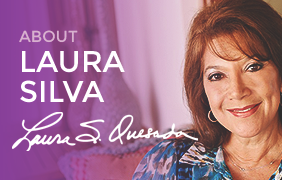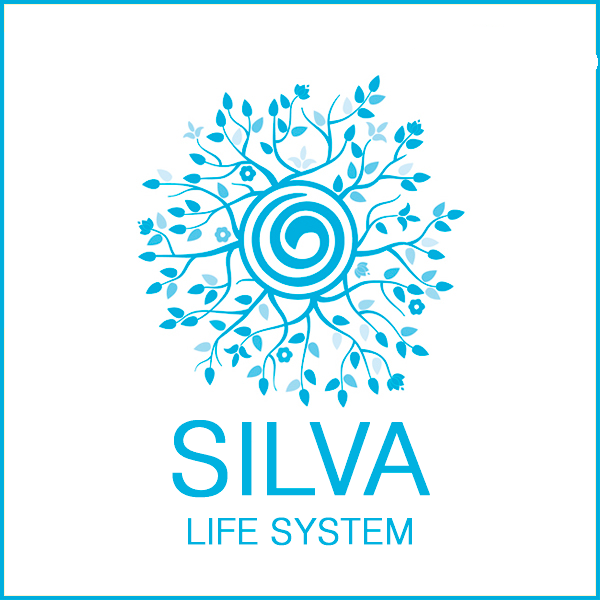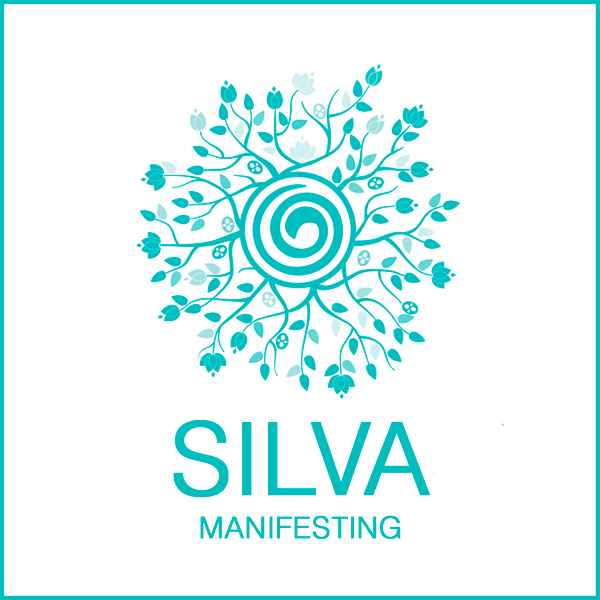“What doesn’t kill me, makes me stronger” said Nietzche. Experiencing, and getting through, adversity can actually leave us better off – and happier – than we were before. The aftermath of highly stressful life events like loss of a loved one, diagnosis of terminal disease, financial ruin, divorce, natural catastrophe, war and sexual assault has become a fascinating subject of study by psychological scientists. Several new terms have arisen from this emerging field of study including post-traumatic growth, adversarial growth and stress-related growth.
What are some of the positives that can come from adversity? Increased personal strength and resilience; improved relationships; spiritual growth; an empowered new direction and purpose; and greater appreciation and gratitude.
Nobody asks for adversity but interestingly, many people find that these ordeals change them for the better. They will often say things like, “I wish it didn’t happen, but if it wasn’t for that, I wouldn’t…” or “I didn’t ask for that but I’m a better person because of it.”
It’s not that growth is necessarily preceded by struggle, and nobody would willingly choose suffering as a teacher – but the fact remains, adversity IS a great teacher so when your life is turned upside down, shaken and scattered about, take hope. You WILL come out of it stronger and better.
It’s our human nature to rebound and thrive! Humans are amazingly adaptable, resilient, innovative and can actually flourish in the most horrific circumstances. And the people who flourish are not necessarily the strongest, bravest, toughest or “best.” They’re just regular people who chose to survive, and thrive. Actually, only a small percentage of people who go through severe adversity end up with chronic problems afterward. Most rebound, and eventually improve their lives.
Happiness is more than having a pleasurable life of luxury and ease. It doesn’t require a life free of pain or uncertainty. It has more to do with finding purpose – and by purpose, I don’t mean being pigeon-holed into one or a few occupations or vocations that feel good and right to you – I mean you gain happiness by being the best human being you can through empathy, helping, generosity, sharing, growing, learning, experiencing and connecting.
Many people who go through severely distressing events come out of them more compassionate, wiser, creative and generous. It becomes almost a driving instinct for them to want to reach out and help others avoid the pain they themselves felt.
Our everyday routines are disrupted or destroyed in times of adversity and we are forced to be HERE, NOW and take ourselves off autopilot.
Still, it’s a choice and it requires conscious effort to be happy during and after adversity. Gratitude is one way to actively invite happiness into a situation that could otherwise leave you in a dark place of despair. Ultimately you have to be willing to grow from adversity, be willing to dig as deep as you can and find the hidden blessings and lessons, be willing to appreciate the growth, be willing to express thanks for having had what you lost and the opportunity for the new and good to come into your life.
The script changes. The characters change. The plot twists in unfathomable ways. You get down to the basics of happiness – specifically, relationships and experiences, and not things.
Emory University psychiatrist Gregory Berns says in his book, Satisfaction: “The road to satisfying experiences must necessarily pass through the terrain of discomfort.”
Happiness is knowing, “Hey, I can get through this. I can hang in there, and I’ll be stronger for that.” If you’re going through a worst-case scenario, then, take heart. Your old ways are falling away and you are free, outside of the expectations that you had for your life. You can reinvent yourself, restructure your life, rebuild it better…
Be kind to yourself. Admit to the difficulty, admit to your own difficulty in coping, and at the same time, infuse the situation with positivity and hope. Loss and growth is part of life. You’re never going to be who you were, before this event. But you’re going to still be you, and better, for having gone through this.
Better and Better,
Laura Silva Quesada
and the Team



 Laura Silva Quesada, daughter of Jose Silva – founder of the original Silva Mind Control Method, she was one of the primary research subjects, which gave her extensive personal experience and insight into the creation, and use of intuitive and life changing techniques.
Laura Silva Quesada, daughter of Jose Silva – founder of the original Silva Mind Control Method, she was one of the primary research subjects, which gave her extensive personal experience and insight into the creation, and use of intuitive and life changing techniques.


